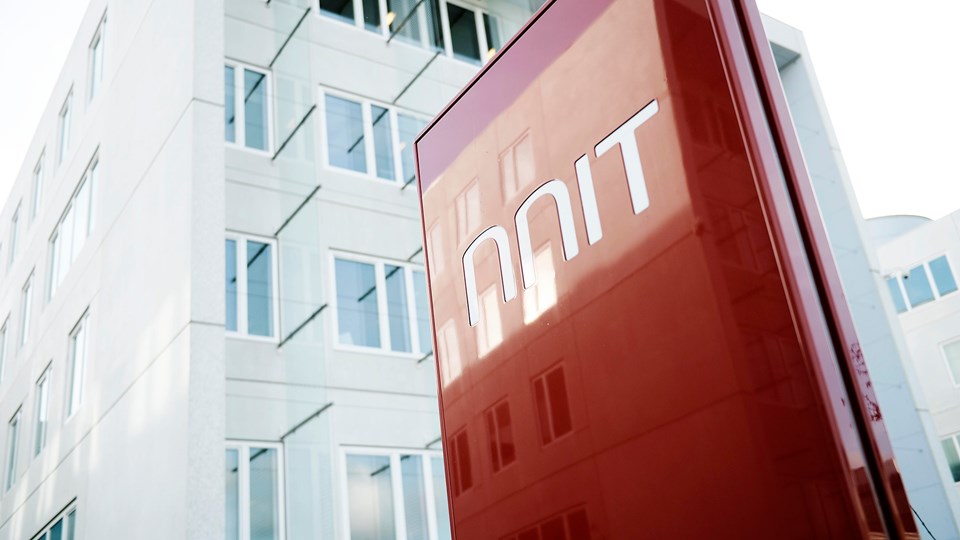NNIT has a two-tier management structure consisting of the Board of Directors and the Executive Management. The two bodies are separate and have no overlapping members.

Inspire | Involve | Lead
Management structure
Board Committees
Besides the Chairmanship, the Board of Directors has established an Audit Committee and a Remuneration Committee.
The Chairmanship consists of the Chairman and the Deputy Chairman.
The Chairmanship has the responsibility to organize, convene and chair Board meetings and on a continuous basis keep themselves informed about the work carried out in committees established by the Board of Directors. The Chairmanship represents the Board of Directors externally to investors, press and other stakeholders.
The Chairmanship also functions as the main point of contact between the Board of Directors, the Executive Management, and a Board Committee.
For a detailed view of the committee’s tasks see the Chairmanship Charter.
The Audit Committee consists of at least three members, elected for a one-year term among the members of the Board of Directors. A majority of the members qualifies as independent as defined in the Danish Recommendations on Corporate Governance. In addition, at least one member qualifies as an audit committee financial expert with qualifications in accounting and/or auditing.
The Audit Committee is responsible for the on-going dialogue with the external auditor and facilitates exchange of information between the Board of Directors and the Company’s external auditor.
The Audit Committee reviews accounting and audit matters, which require a more thorough evaluation, and assists the Board of Directors with the oversight of internal controls and risk management.
The Audit Committee meets at least four times each year.
For a detailed view of the committee’s tasks see the Audit Committee Charter.
The Remuneration Committee consists of at least three members, elected for a one-year term, among the members of the Board of Directors and the Chairmanship. A majority of the members qualifies as independent as defined in the Danish Recommendations on Corporate Governance.
The Remuneration Committee is responsible for assisting the Board in overseeing the Remuneration Policy for the members of the Board of Directors and Executive Management, including guidelines on incentive pay to Executive Management, the remuneration of the members of the Board of Directors, its committees and the members of Executive Management, as well as the preparation of the annual remuneration report.
The Remuneration Committee meets at least twice each year.
For a detailed view of the committee’s tasks see the Remuneration Committee Charter.